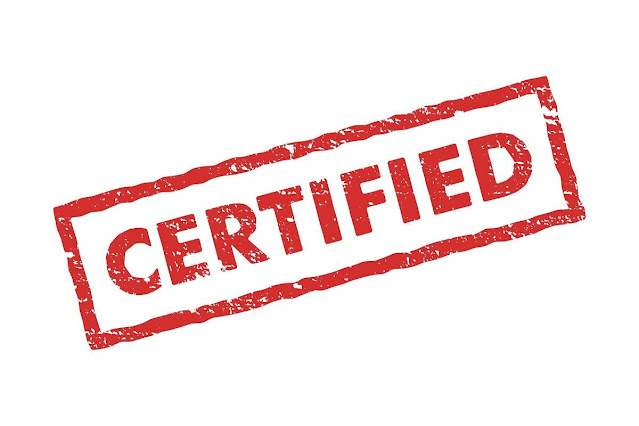Trademark protection in Vietnam is initially obtained through
trademark registration. Trademark opposition could be filed to prevent a
pending application for a mark from being granted application. Litigation is
the final measure to handle dispute during trademark protection in Vietnam.
Trademark is a sign that help distinguish the
goods or services of one enterprise from those of others. Together with industrial design and
patent, trademark of goods and services plays an extremely important role for
the growth of the enterprise. Trademark establishes a link between enterprise
and customer. A strong trademark will attract customers to use goods or
services. When trademark is popular and economic benefits achieved through sale
of goods or provision of services coupled with trademark is large, the
violation of trademark is inevitable.
Trademark protection in Vietnam
The annual reports of the Vietnam National
Office of Intellectual Property (NOIP) prove that trademark violation in
Vietnam is the most popular, among other industrial property rights. According
to the preliminary annual report in 2011, and 2012, there has been more than
1,000 cases of trademark violations each year. Report of 2013 and after
shows more than 2,000 trademark infringements were handled with the total fines
of trademark violators of around USD 1 million per year. Having said that, it
is important for trademark owner to register
trademarks in Vietnam for
better protection. This is also suggested for even well-known trademarks.
For registration, trademark owner has two options: either directly
register trademark in Vietnam by filling an application for registration with
the Vietnam NOIP, or seek the protection in Vietnam through Madrid’s
system. For the first option, the trademark owner needs to prepare, file
for registration, and pay fee as the requirement of Vietnam Intellectual
Property law. In case trademark needs to be protected in a number of nations,
including Vietnam, trademark owner may register trademark through Madrid’s
system.
Where the violation of trademark occurs, trademark owner needs to
judge the level of infringement, level of damage to choose suitable
resolutions. Initially, the trademark owner may protect by requiring to the
trademark violator to terminate the infringing acts, apologize, and rectify. In
case of being damaged, trademark owners have rights to claim compensation. If
failing to reach result, trademark owner may use settlement mechanism through
negotiation or mediation or could request the competent state agencies to
handle acts of infringement through i.e. filling a denunciation application and
submitting to the Vietnam NOIP. Litigation might be required to handle acts of
infringement. Generally, the proceeding of civil litigation is more complex
than the arbitration proceeding. In cases the trademark owner needs a decision
from court in order to end trademark infringement, civil litigation is top
priority. In the remaining cases, arbitration is a better choice with
advantages of cheaper cost, shorter settling time, and more flexible.
Trademarks are an important part of client company’s
competitive edge. ANT Lawyers IP practice helps you protect these valuable
intellectual assets through trademark registration, oppositions, and other
trademark protection resolutions in Vietnam.
























.jpg)






